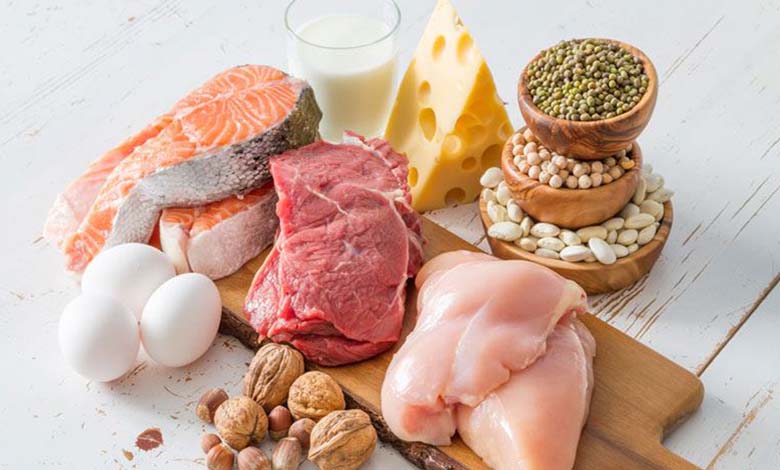6 Signs You Are Consuming Too Much Protein

Although protein is one of the most essential nutrients needed by the body to support immune function, cellular function, tissue repair, provide energy, and transport other nutrients, overconsumption can cause health problems you could do without.
Recently, there has been much talk on social media about not consuming enough protein, which can lead to feelings of fatigue, poor wound healing, reduced immunity, and muscle wasting. But what about overconsumption?
Experts told “Today News” that consuming too much protein can be harmful; some high-protein foods, such as red meat, can increase the risk of heart disease and cancer.
Moreover, consuming too much protein can lead to kidney problems, digestive issues, dehydration, and weight gain.
Additionally, eating too much protein means you’re consuming less of other foods that contain important nutrients, such as fruits, vegetables, and whole grains, which provide carbohydrates, fiber, and other vitamins and minerals essential for organ function and energy.
What are the symptoms of consuming too much protein?
While a nutritionist may help you determine if you are overconsuming protein, some signs can indicate an excess intake, including:
-
Doctor reveals surprise: Hemorrhoids could be symptoms of cancer
-
Inflammatory foods to banish from your plate
- Dehydration
- Increased urination
- Kidney stones
- Diarrhea
- Constipation
- Weight gain
What is the recommended amount of protein?
Nutritionists confirm that the amount of protein you should consume daily depends primarily on your weight. The recommended serving is 0.8 grams of protein per kilogram of body weight.
Experts note that pregnant women may need more protein, in which case they should consume at least 1.1 grams per kilogram of body weight.
As for the elderly, they need 1.2 grams of protein per kilogram of their body weight, and for athletes, the ratio increases to 1.8 grams per kilogram of body weight.












